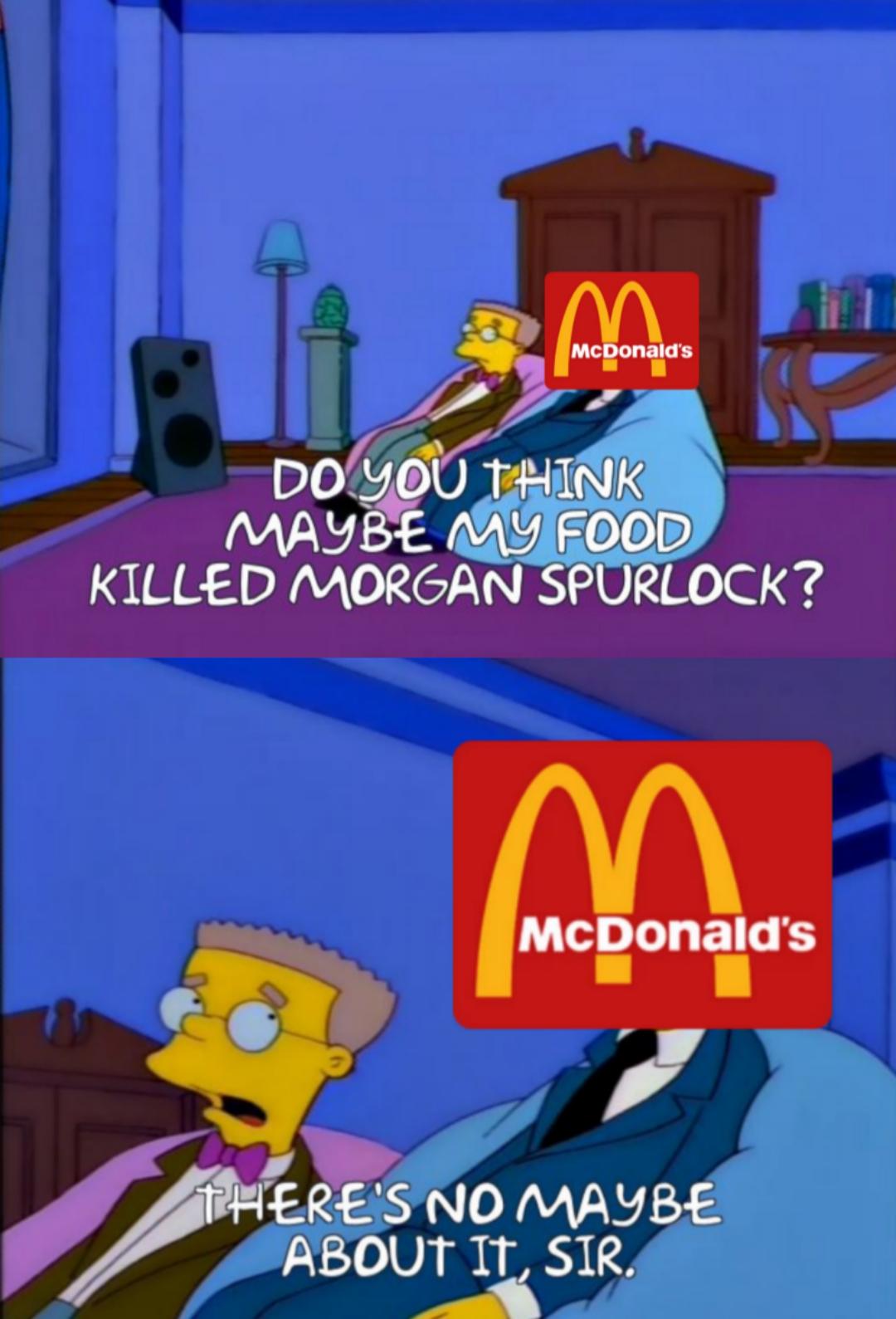this post was submitted on 24 May 2024
147 points (100.0% liked)
196
16790 readers
1722 users here now
Be sure to follow the rule before you head out.
Rule: You must post before you leave.
founded 2 years ago
MODERATORS
you are viewing a single comment's thread
view the rest of the comments
view the rest of the comments

If someone smokes a pack a day for 5 decades and gets lung cancer, we don't say "well, it might've been a cosmic ray..." That's technically the truth, but it's not how we evaluate risk. We can be pretty certain that the lung cancer was from smoking, and not a cosmic ray or one month of junk food 20 years prior.
I'm not an oncologist, but Im certain that decades of alcohol abuse is far more likely to cause cancer than a month of mcdonalds. If it was a cancer strongly associated with alcohol use, like esophageal or liver, then it wouldn't be very different from the smoking example above
You could say it was more likely for sure, with a high enough risk making it significantly unlikely that it was anything else, but most risk factors that kill people aren't strong enough to rule out other possibilities. That doesn't mean those factors aren't exceptionally consequential, just that they often cannot be understood at an individual level.
Unless we know that the mechanism works by increasing the potency of other risks, it could just be a separate dice role. Exact mechanisms take work to find enough evidence for, so many of them aren't well supported. We don't fully know how many pollutants harm our bodies, but we can see the correlation. Risk factors necessitate collective action that isn't limited to individual risk assessment.
It isn't how we want things to be, favoring certain cause and effect in our thinking, but that's because our thinking is flawed. The world is much less certain and understandable than we can comfortably deal with, so we don't view the world accurately. We act with more vigor and intent thanks to this false certainty, making it more useful to be wrong than right.